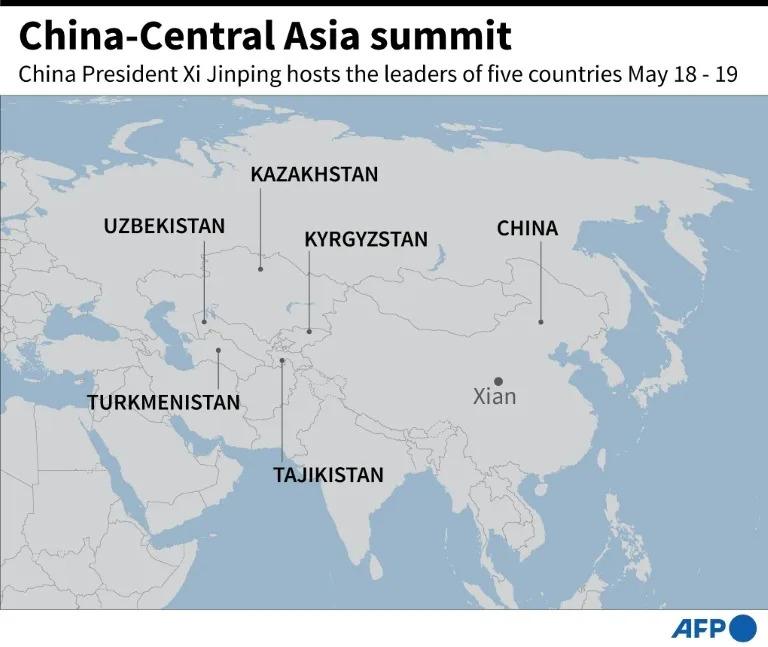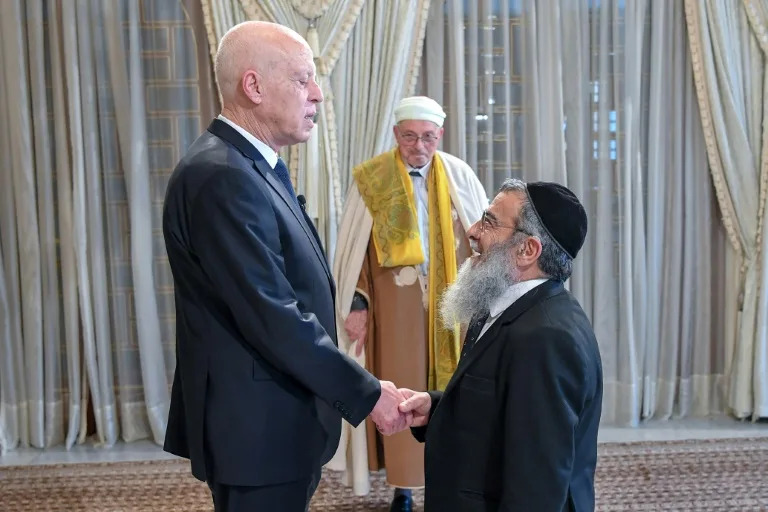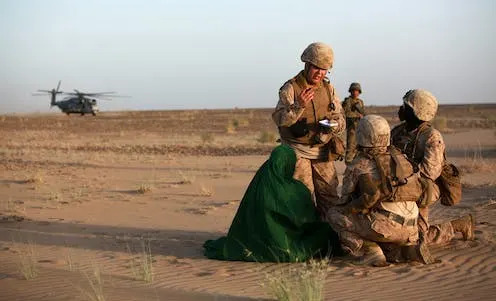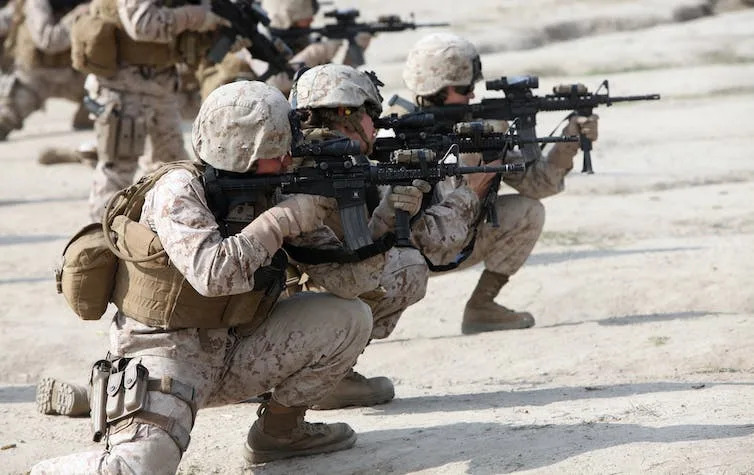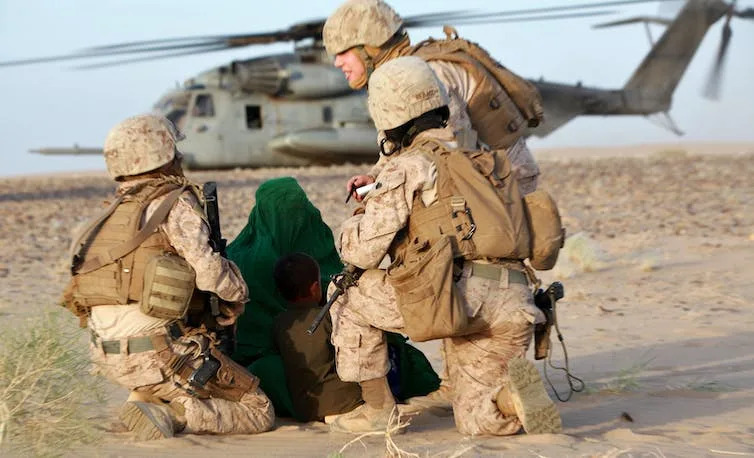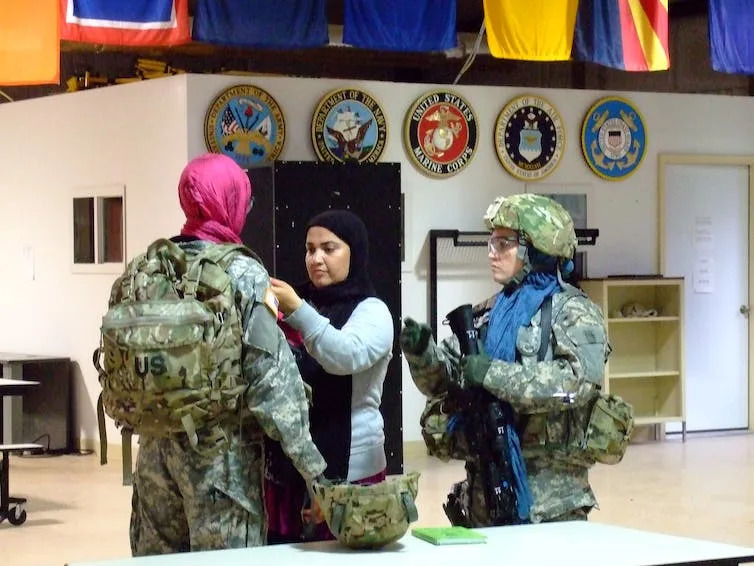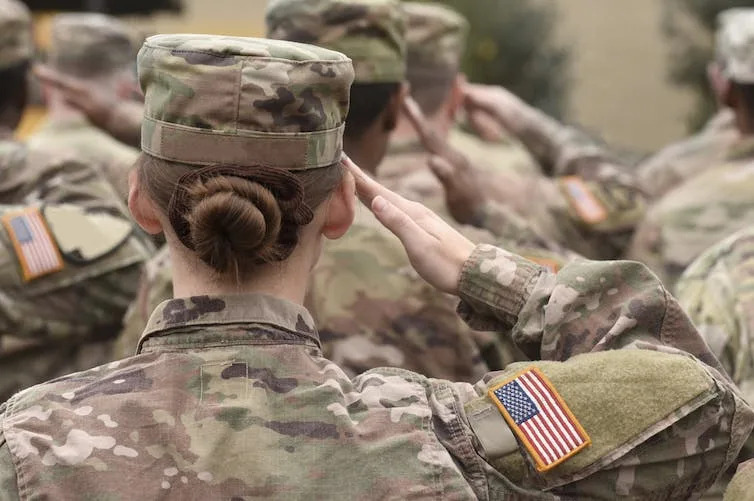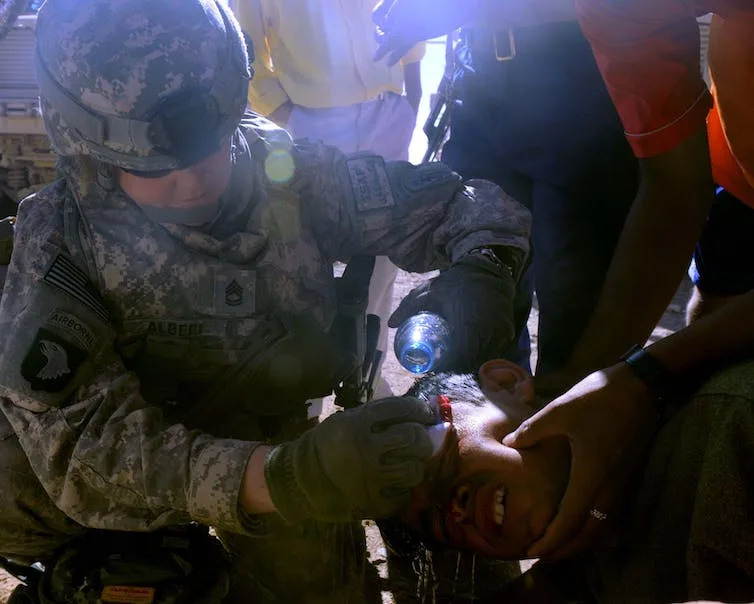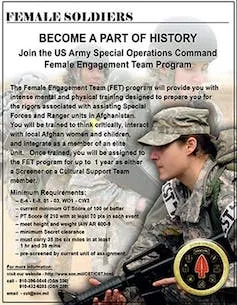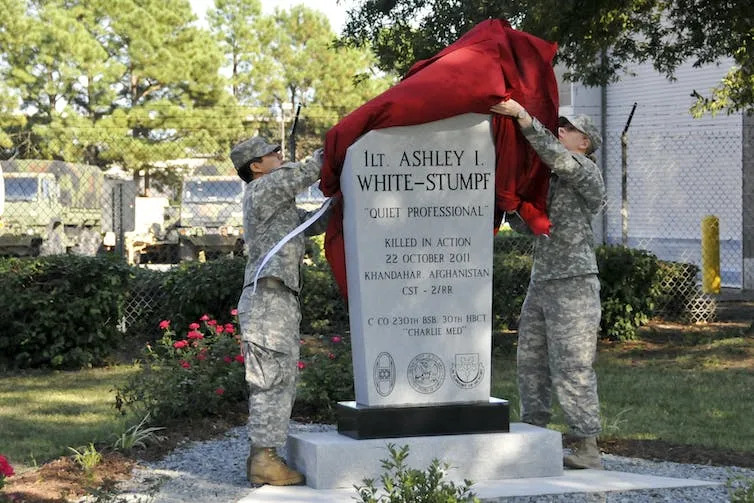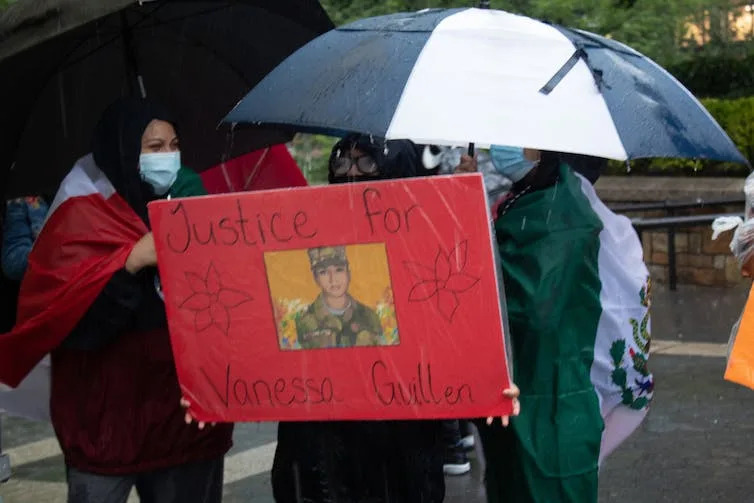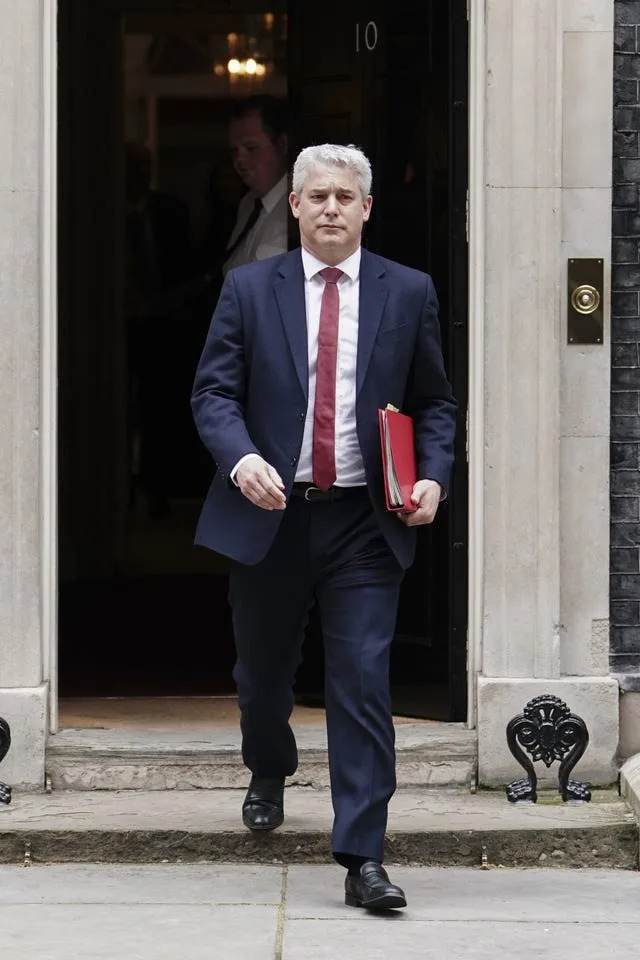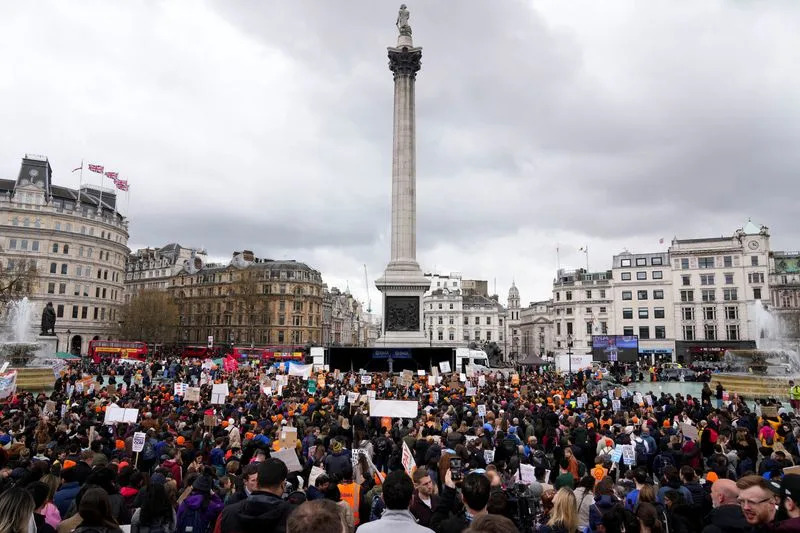Elisa Amouret
Wed, May 17, 2023

The oil derived from the famed Damask rose is a staple of perfumers, while rose water is used across the Middle East
On a gentle slope looking out over Lebanon's Bekaa Valley, villagers work their way across pink-dotted terraces, gathering perfumed Damask roses that are used for essential oils, sweets and cosmetics.
The rose harvest "gives you a bit of hope, it makes things beautiful, it calms you down -- it gives you strength to carry on", said Leila al-Dirani, picking the flowers from her family's land in the village of Qsarnaba.
A soft bag tied around her waist and her hands scratched from the thorns, the 64-year-old plucks the small, pink buds from their bushes as their rich and heady scent wafts across the hill.

The oil derived from the famed Damask rose --- named after the ancient city of Damascus located just across the mountain range separating Lebanon and Syria -- is a staple of perfumers.
Experts swear by the flower's therapeutic properties in fighting infection and as a relaxant, while rose water is used across the Middle East both as a refreshing drink, in sweets such as Turkish delight, to scent mosques and even to bestow luck at weddings.
After a morning collecting roses, the workers in Qsarnaba drop their fragrant bundles at a warehouse in the village where they are paid based on their harvest.
At the facility carpeted with pink petals, Zahraa Sayed Ahmed -- whose first name means "flower" -- buys the raw materials to produce her rose water, syrup, tea and jam.
Around four years ago, she set up a small workshop at her house, using a traditional metal still that "belonged to my grandfather", said Sayed Ahmed, 37.
- 'Roses help put food on the table' -
With a kilogramme (2.2 pounds) of rose petals, she said she can make up to half a litre of rose water.
She then also bottles and labels her modest production by hand, putting it on limited sale locally.
"The production of rose water is a part of our heritage," said Sayed Ahmed. "In every home in Qsarnaba there is a still, even if it's just a small one."

The rose season only lasts a few weeks, but it is a busy time for Qsarnaba's residents.
"This year is the first year that we didn't bring workers to help us because the production is low and we couldn't afford it," said Hassan al-Dirani, 25, who has been picking the flowers alongside his mother, Leila.
Since late 2019, Lebanon has been grappling with a devastating economic crisis that has seen the local currency collapse and pushed most of the population into poverty.
"The rose harvest and all other harvests have lost about 80 percent of their value... because of the economic crisis," said local official Daher al-Dirani, who hails from the extended family that is the biggest in Qsarnaba.
"But the roses help people put food on the table," he added.
Exported from Syria to Europe for centuries since the time of the Crusades, the ancient Damask rose is also cultivated in countries including France, Morocco, Iran and Turkey.
"Our village produces the most roses out of any village in Lebanon" and more than half of the country's rose water, Sayed Ahmed claimed proudly, as the captivating scent lingered in the air.
"Qsarnaba is the village of roses."
ea/lg/aya/ami




